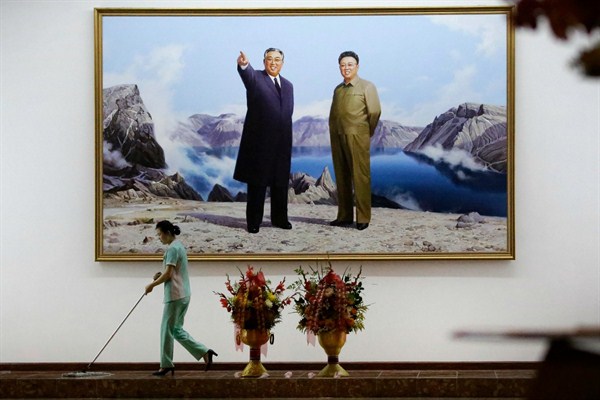Editor’s note: This is the second of a two-part column. The first part can be found here.
America’s military involvement in Syria topped this week’s headlines, but North Korea remains the most dangerous security problem the United States faces. Pyongyang has not engaged in any outright military provocations for a few weeks. But the death of Otto Warmbier, an American student arrested in Pyongyang a year ago and returned last week in an unexplained comatose state, has amplified anger against the bizarre Kim Jong Un regime and led to calls for expanded sanctions against it.
On Tuesday, U.S. President Donald Trump tweeted, “While I greatly appreciate the efforts of President Xi & China to help with North Korea, it has not worked out.” The White House has not explained this cryptic comment, but as Zack Beauchamp wrote in Vox, it seems like Trump is “declaring failure in some kind of campaign by China to help the United States bring North Korea in line.”

